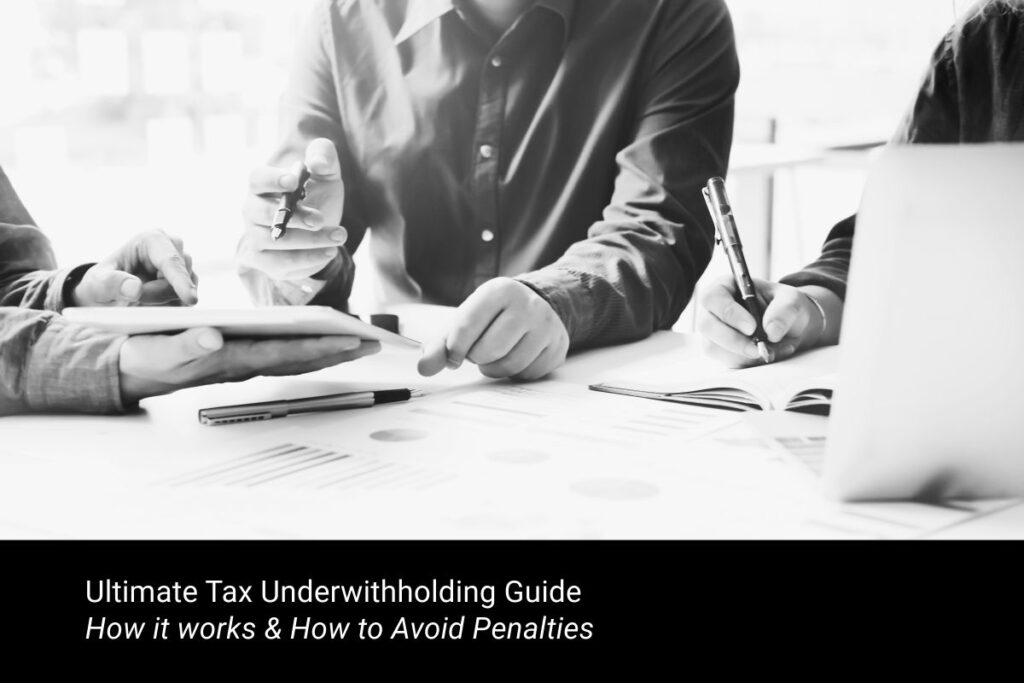Diversifying your investment portfolio is an essential step in sound financial planning. A common pitfall we see many clients, and even many financial advisors, fall into is using publicly traded Real Estate Investment Trusts (REITs) as their go-to for diversification from traditional stock portfolios. This article aims to shed light on the role of private REITs in portfolio diversification in today’s modern investing environment.
Investing in Real Estate: The Basics
The most straightforward exposure to real estate for many people comes through home ownership. If you own your home, you have already incorporated a degree of real estate into your portfolio. Congratulations! Now, if you’re seeking to expand your real estate assets, options might include purchasing additional properties, which introduces factors such as leverage and potential capital outlay. These ventures also involve property management and servicing the associated debt.
While buying rental properties can be an excellent addition to your portfolio, it requires a particular expertise, time commitment, and capital that not everyone has at their disposal. That’s where REITs, or more specifically, private REITs, come into play.
Understanding REITs
REIT stands for Real Estate Investment Trust. These are companies dedicated to owning, operating, or financing income-generating real estate. Assets could range from apartment complexes and shopping centers to storage units and more. Many REITs are publicly traded and can be purchased on a stock exchange, similar to how you would buy shares of a company. For further diversification, REITs can also be packaged into mutual funds or ETFs. The allure of REITs is their affordability – you can often invest in one for less than $100.
Public vs. Private REITs
While publicly traded REITs offer easy access and low cost, the crux lies in their correlation to the S&P 500 index. If the S&P 500 takes a hit, it’s likely your public REIT fund will follow suit. Thus, diversification benefits may be less than expected.
For example, between January and July 2022, one of the world’s largest public REIT ETFs, had a market price decrease of -13.69%. Meanwhile, the largest S&P 500 ETF experienced a market price decrease of -12.62% (Data source: Morningstar).
Private REITs, on the other hand, may offer a solution to this correlation issue. Private REITs, historically accessible mainly to accredited investors, have seen a shift in their accessibility. Nowadays, even those who aren’t considered ‘accredited investors’ can invest in private REITs, often with minimum investments as low as $1,000.
At MDRN Wealth, we believe that exploring private REITs as a part of your financial plan can prove beneficial. They often have significantly lower correlation with public markets, potentially providing higher cash flow and risk-adjusted returns than their publicly traded counterparts. The goal of diversification is to shield your portfolio from the volatility of any one asset class. If you’re looking to diversify your portfolio with real estate, consider exploring private REITs.
RELATED READING:

Important Disclosures
The information provided in this article is general information. It is not intended to be construed as investment, tax, or legal advice. This is not an offer or solicitation to buy, sell, or endorse any company, security, fund, or other investment vehicle. Investing involves risks including possible loss of principal. Past performance is no guarantee of future results and the opinions presented cannot be viewed as an indicator of future performance. Opinions are subject to change without notice.











